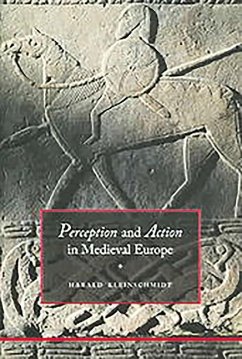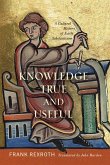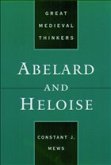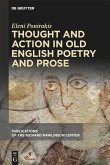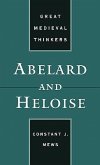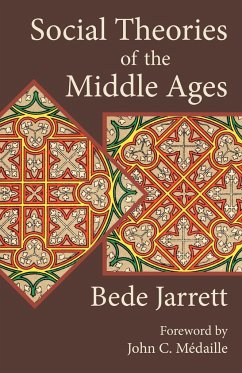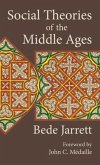Short description/annotation
Study of the changing nature of the perception of an action and the action itself, and how thought-processes altered radically in the middle ages.
Main description
Can dancers dance for a year and a day without drinking, eating and sleeping? Can pictures be made to speak to their viewers? Can lavender purify the soul? The modern mind regards it as impossible and simply regards reports that these things happened as typical of the `fantastic' Middle Ages. In his new book, however, Harald Kleinschmidt argues that we should not be so swift to dismiss such matters. In this thought-provoking study of the logic of perception and action behind these and other stories, and of the history of the five senses, he argues that modern Western rationalism is peculiar in seeing an opposition between perceivers and the targets of their curiosity, actors and their environments or, in general terms, subject and object. Instead, he shows that whether active or passive, people saw their deeds as correlated and mutually dependent. Using a wide range of textual and pictorial sources, he goes on to demonstrate that the assumption of an opposition between subject and object resulted from fundamental changes of standards of perception and patterns of action that took place during the Middle Ages, resulting in the emergence of a new rationalism. HARALD KLEINSCHMIDT teaches in the College of International Studies at the University of Tsukuba, Japan.
Hinweis: Dieser Artikel kann nur an eine deutsche Lieferadresse ausgeliefert werden.
Study of the changing nature of the perception of an action and the action itself, and how thought-processes altered radically in the middle ages.
Main description
Can dancers dance for a year and a day without drinking, eating and sleeping? Can pictures be made to speak to their viewers? Can lavender purify the soul? The modern mind regards it as impossible and simply regards reports that these things happened as typical of the `fantastic' Middle Ages. In his new book, however, Harald Kleinschmidt argues that we should not be so swift to dismiss such matters. In this thought-provoking study of the logic of perception and action behind these and other stories, and of the history of the five senses, he argues that modern Western rationalism is peculiar in seeing an opposition between perceivers and the targets of their curiosity, actors and their environments or, in general terms, subject and object. Instead, he shows that whether active or passive, people saw their deeds as correlated and mutually dependent. Using a wide range of textual and pictorial sources, he goes on to demonstrate that the assumption of an opposition between subject and object resulted from fundamental changes of standards of perception and patterns of action that took place during the Middle Ages, resulting in the emergence of a new rationalism. HARALD KLEINSCHMIDT teaches in the College of International Studies at the University of Tsukuba, Japan.
Hinweis: Dieser Artikel kann nur an eine deutsche Lieferadresse ausgeliefert werden.

